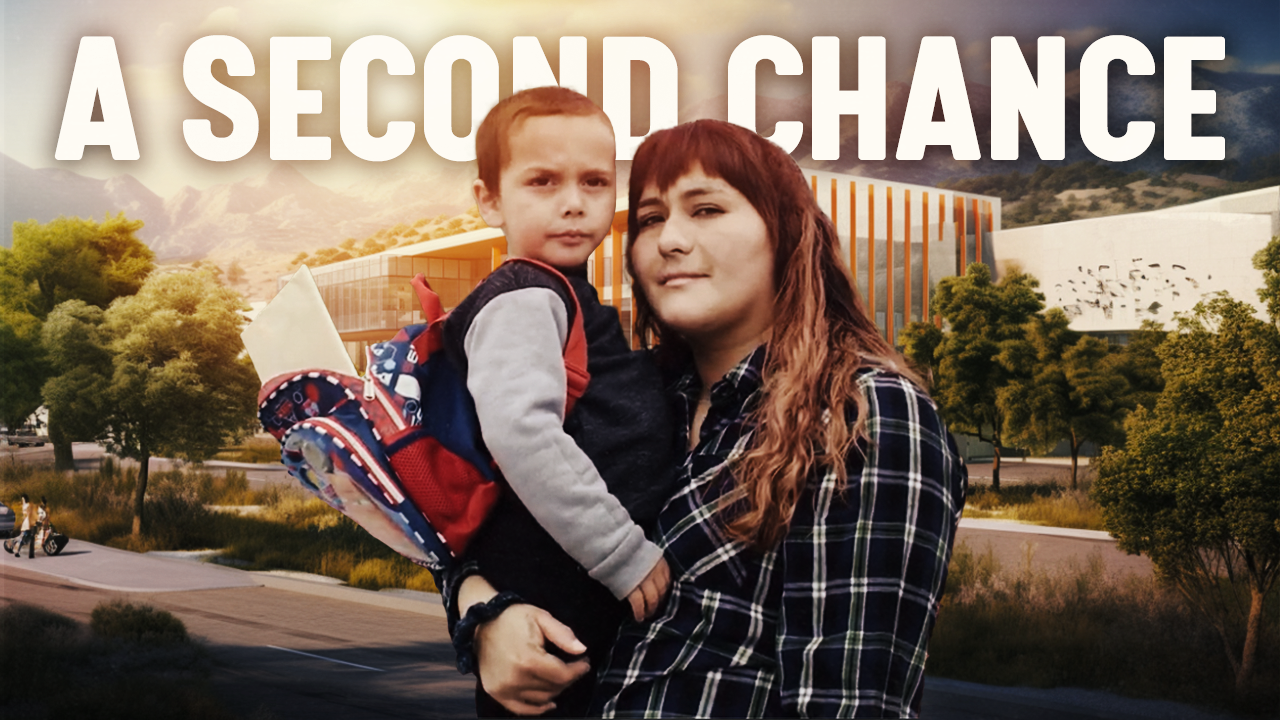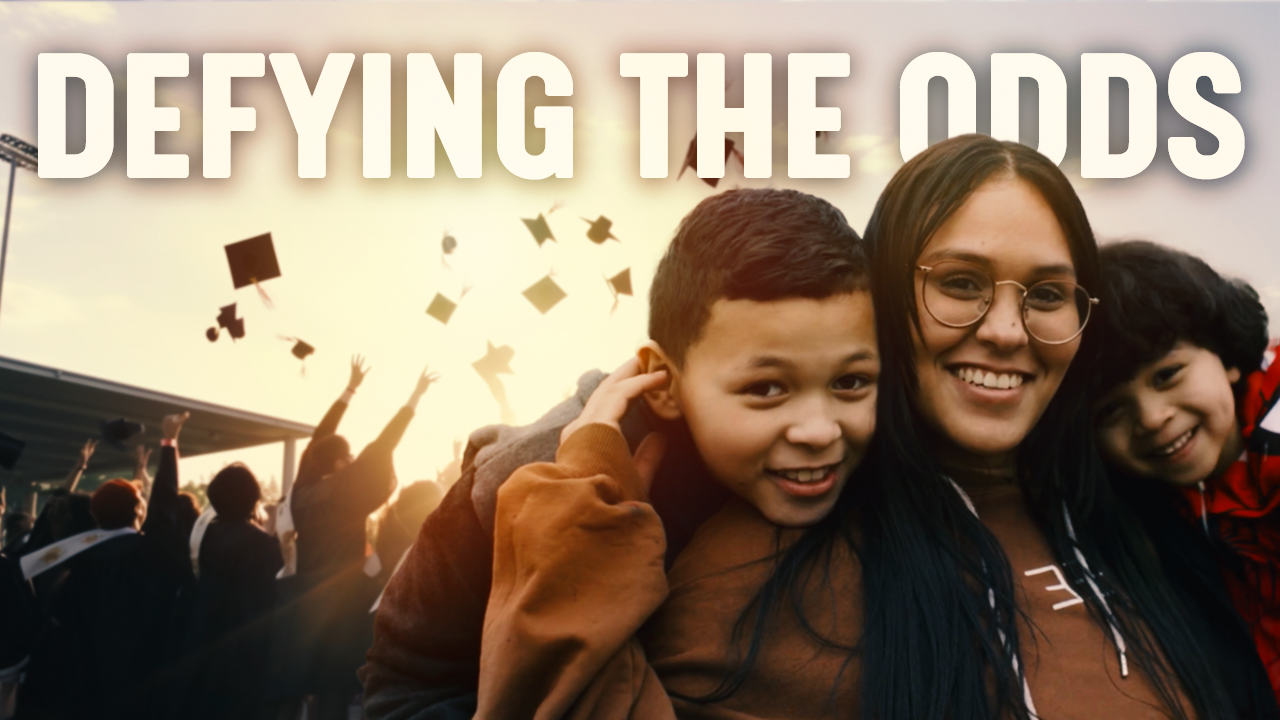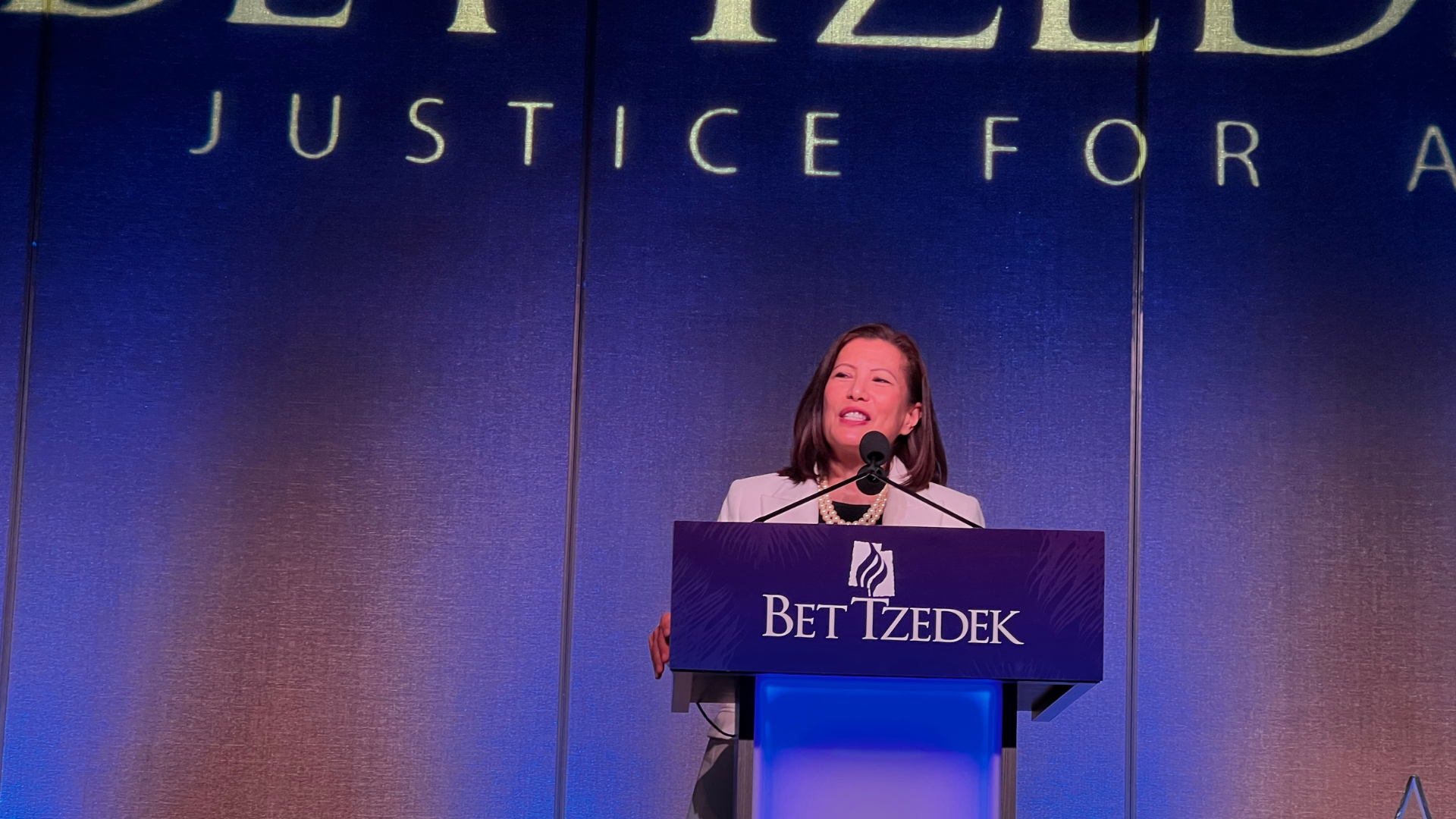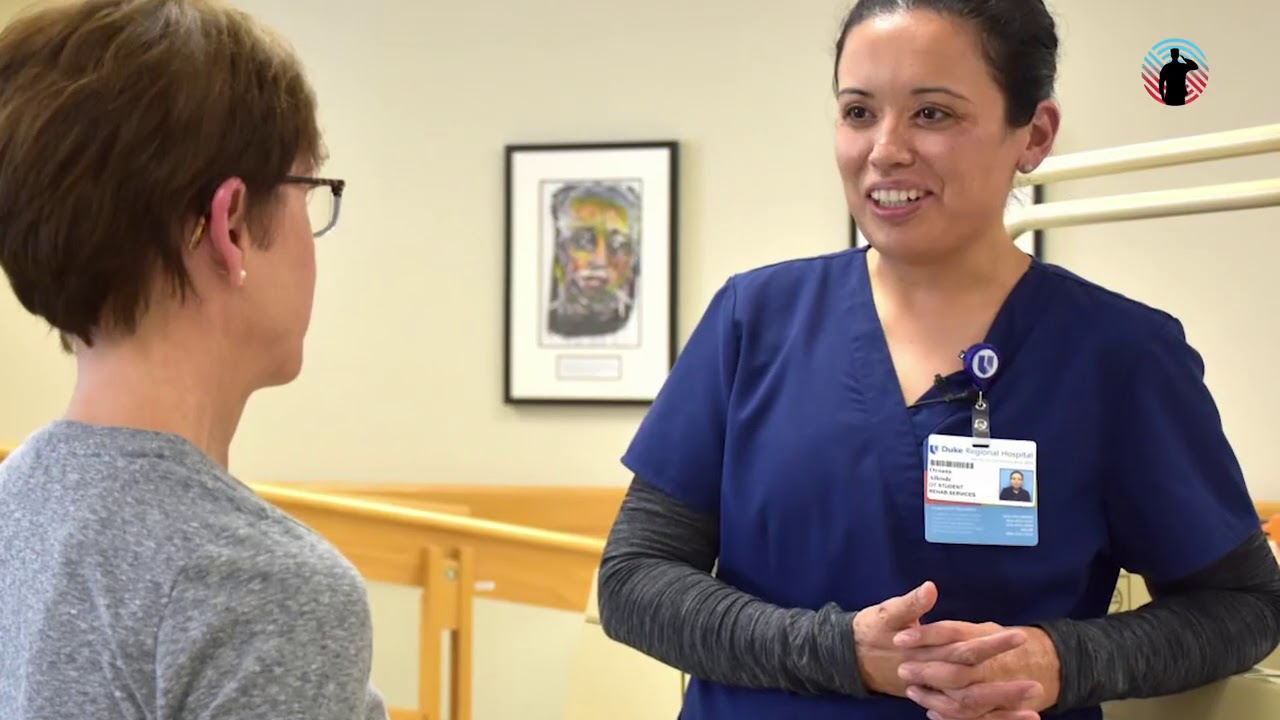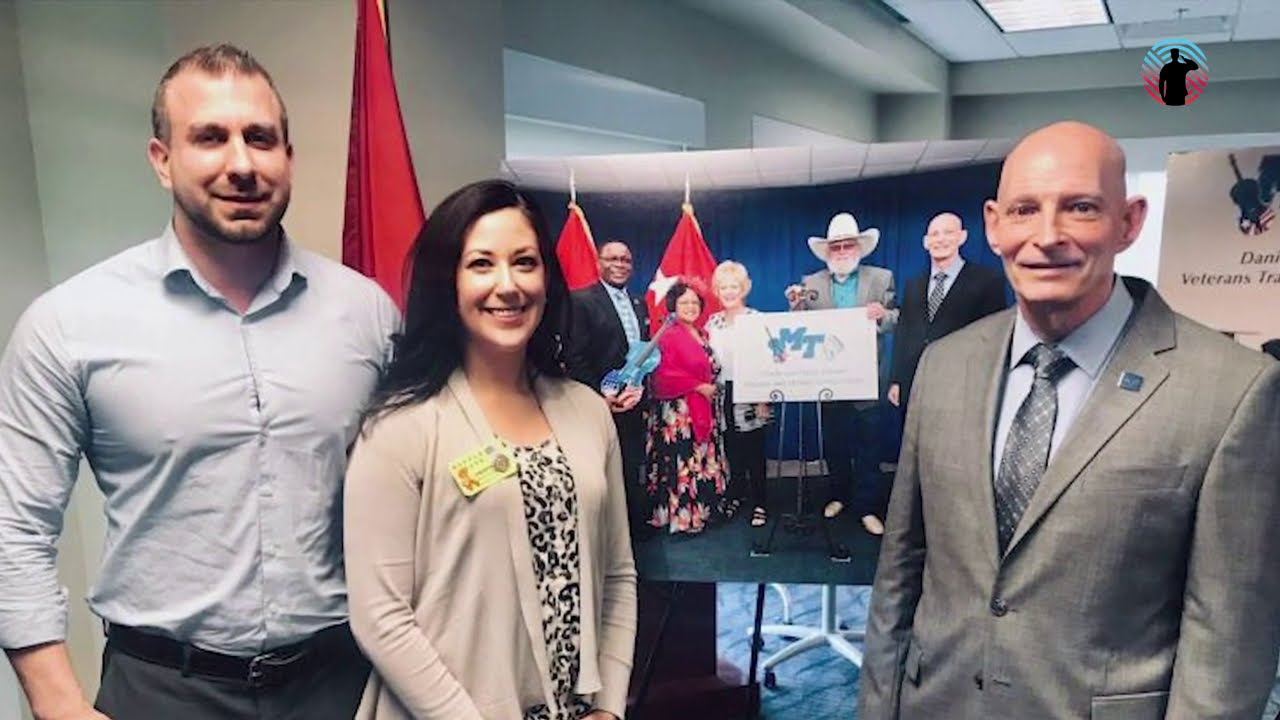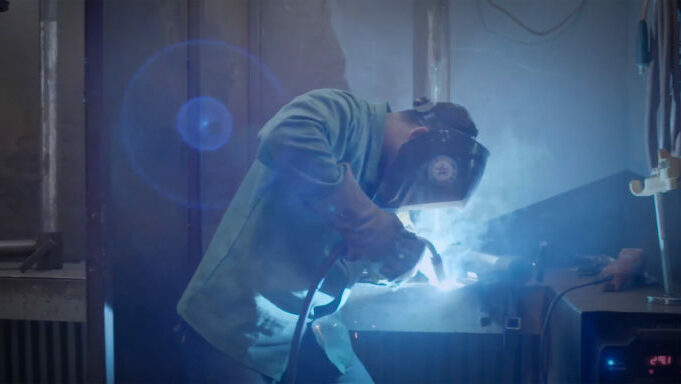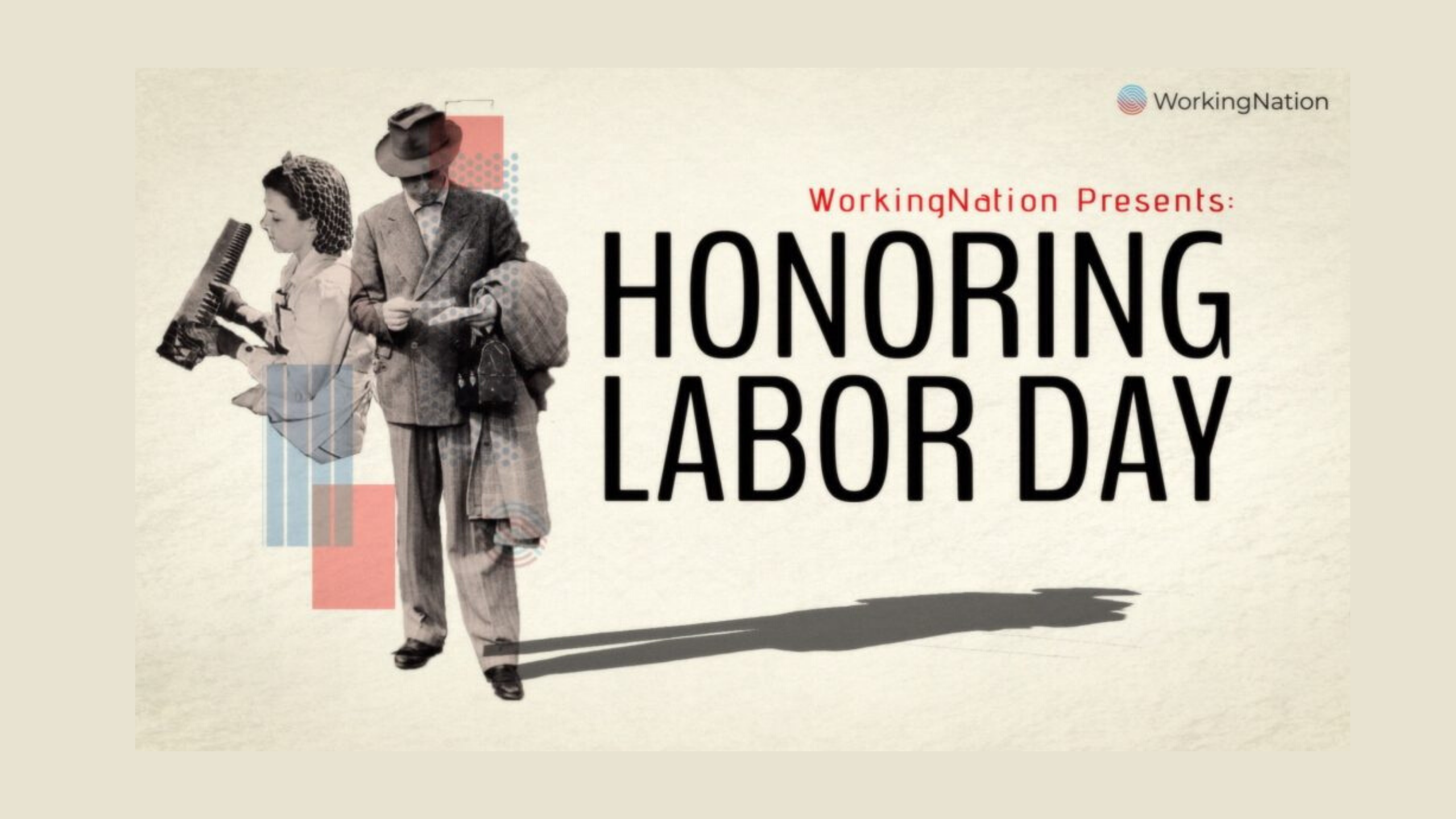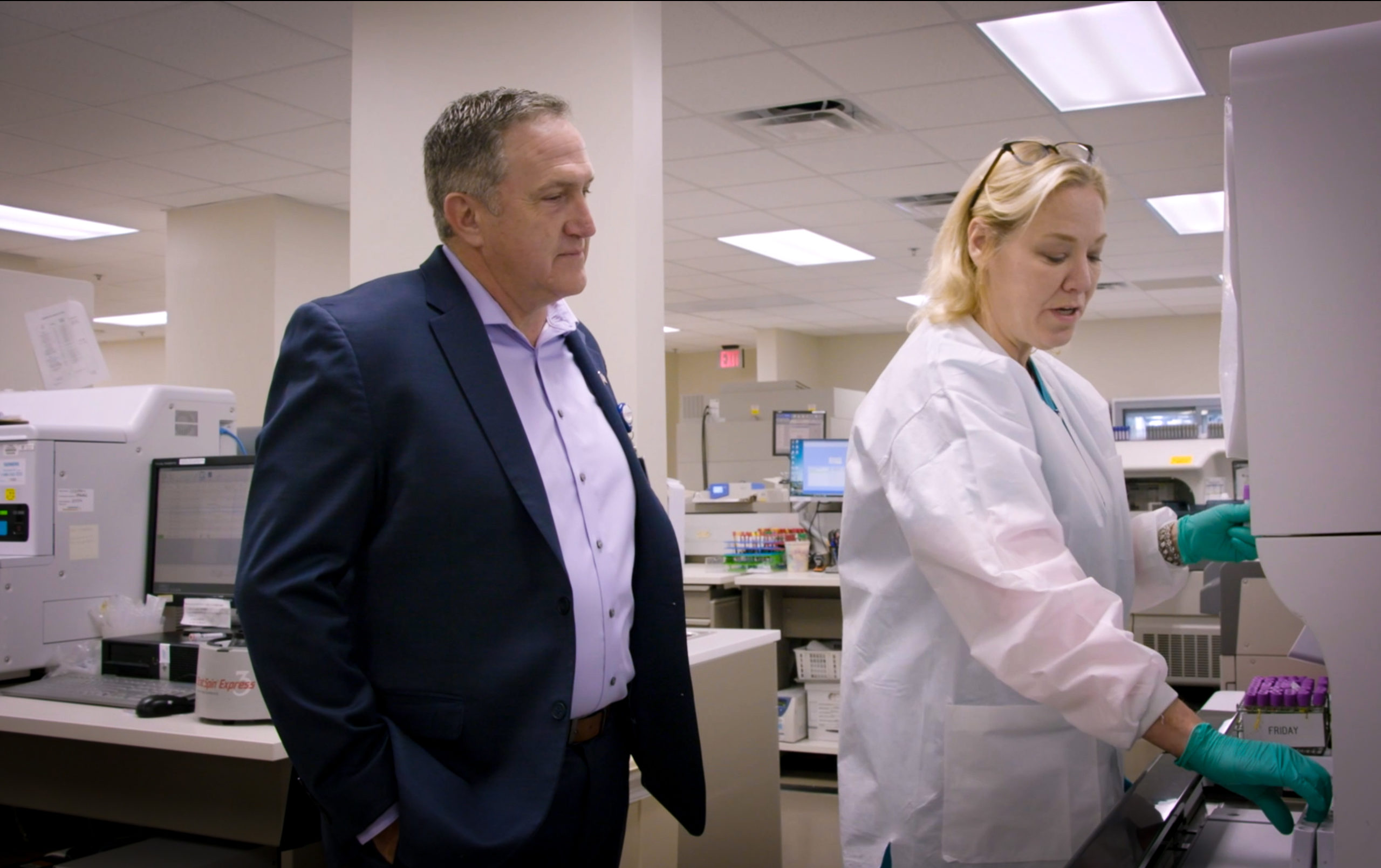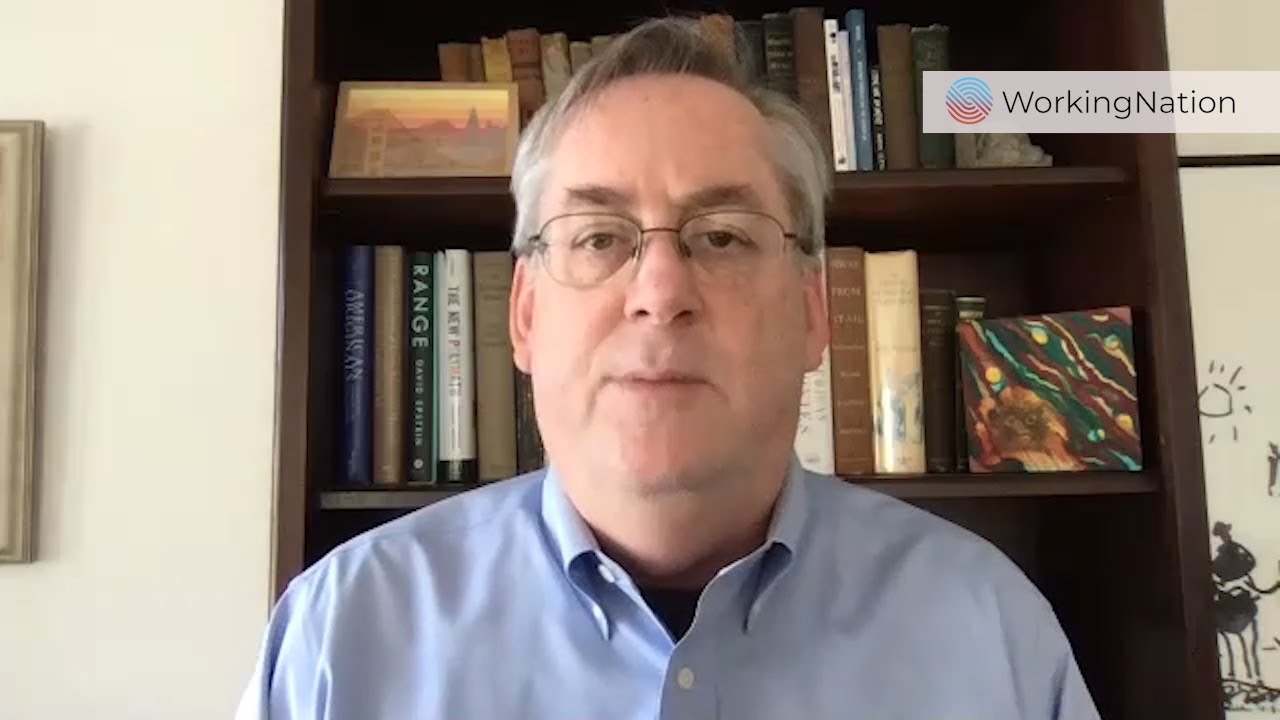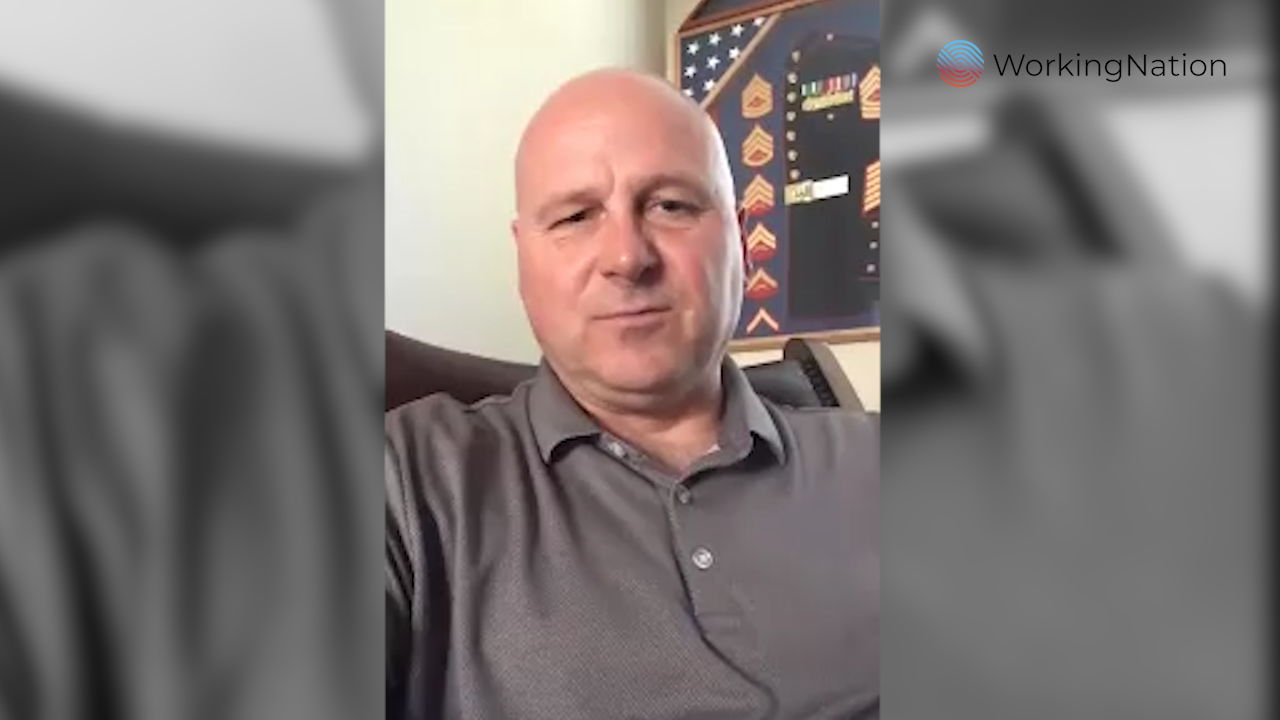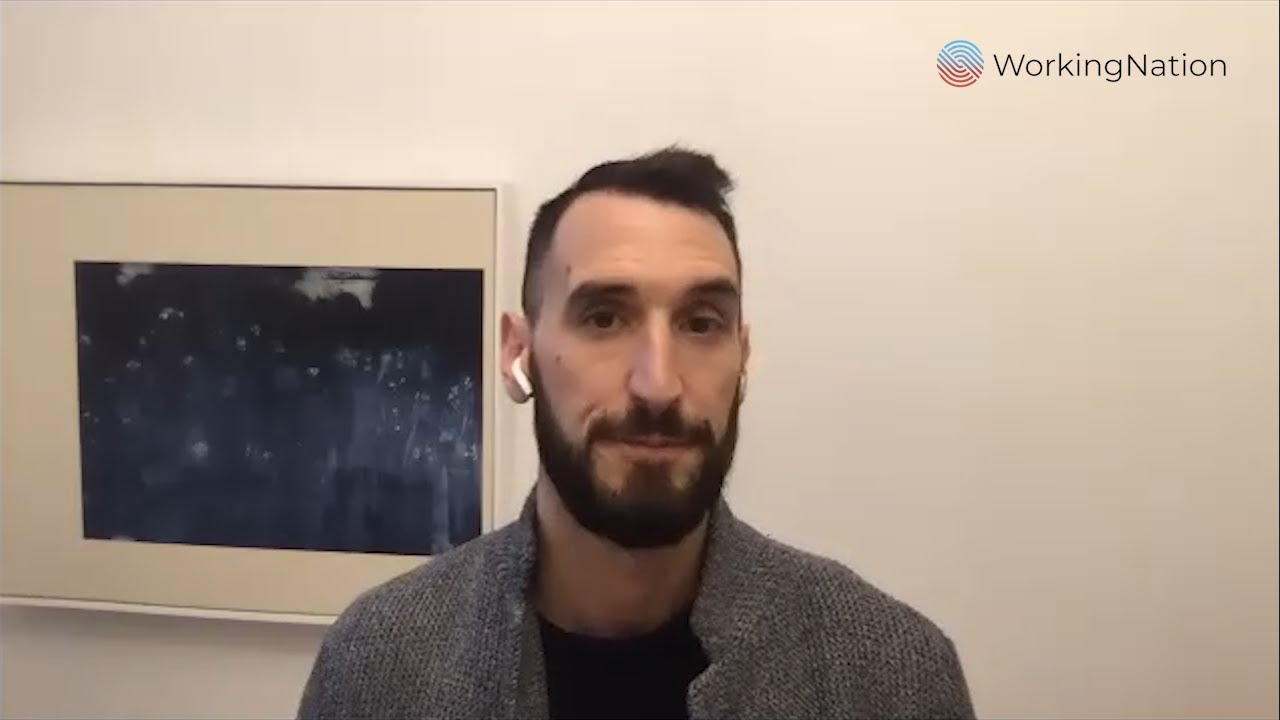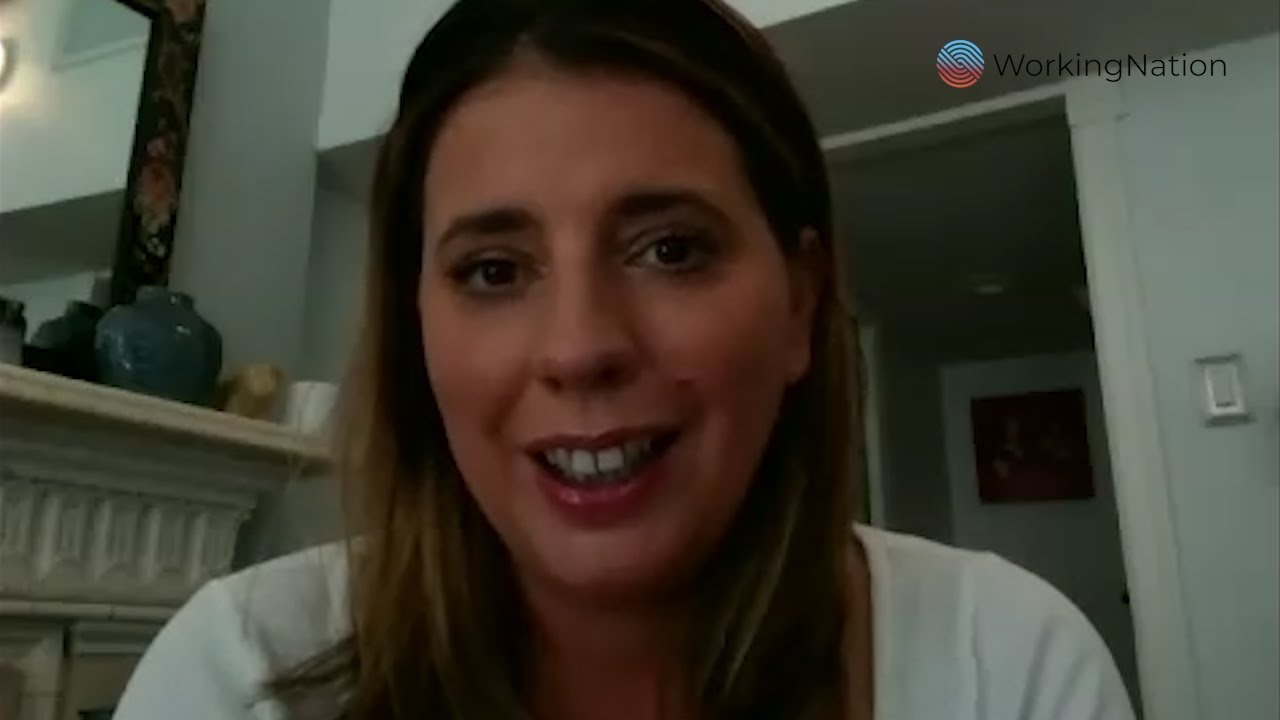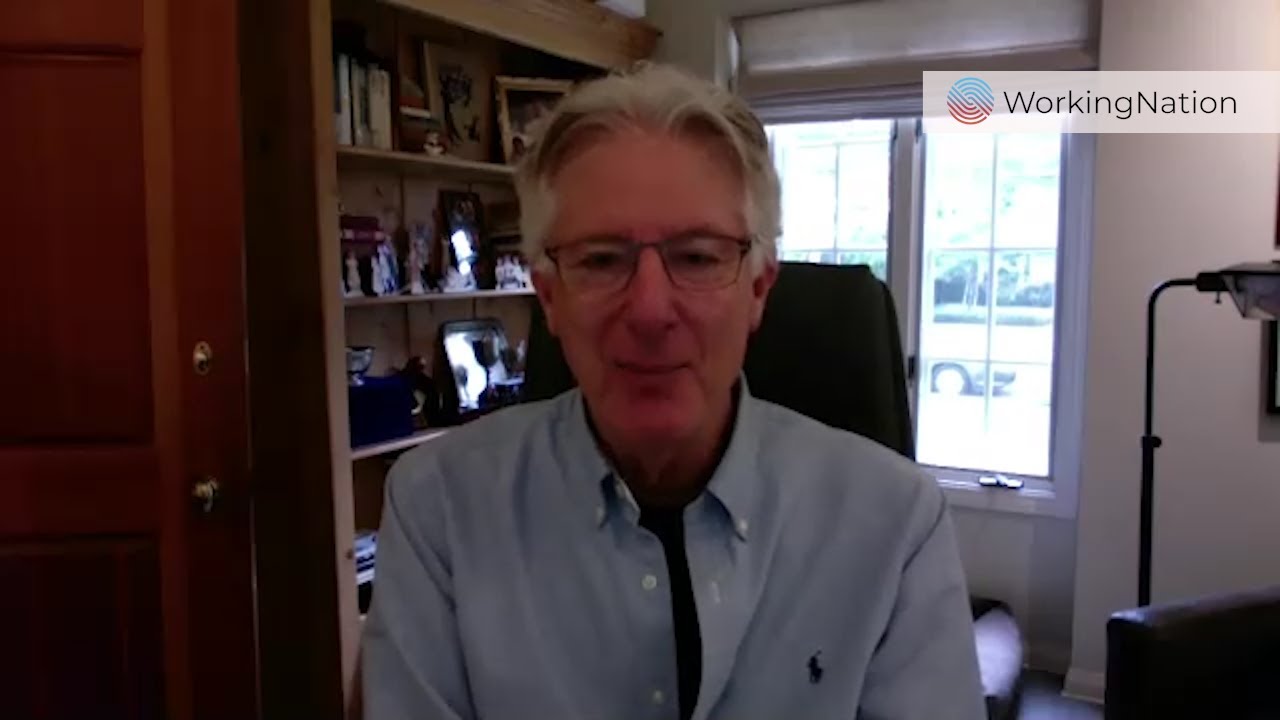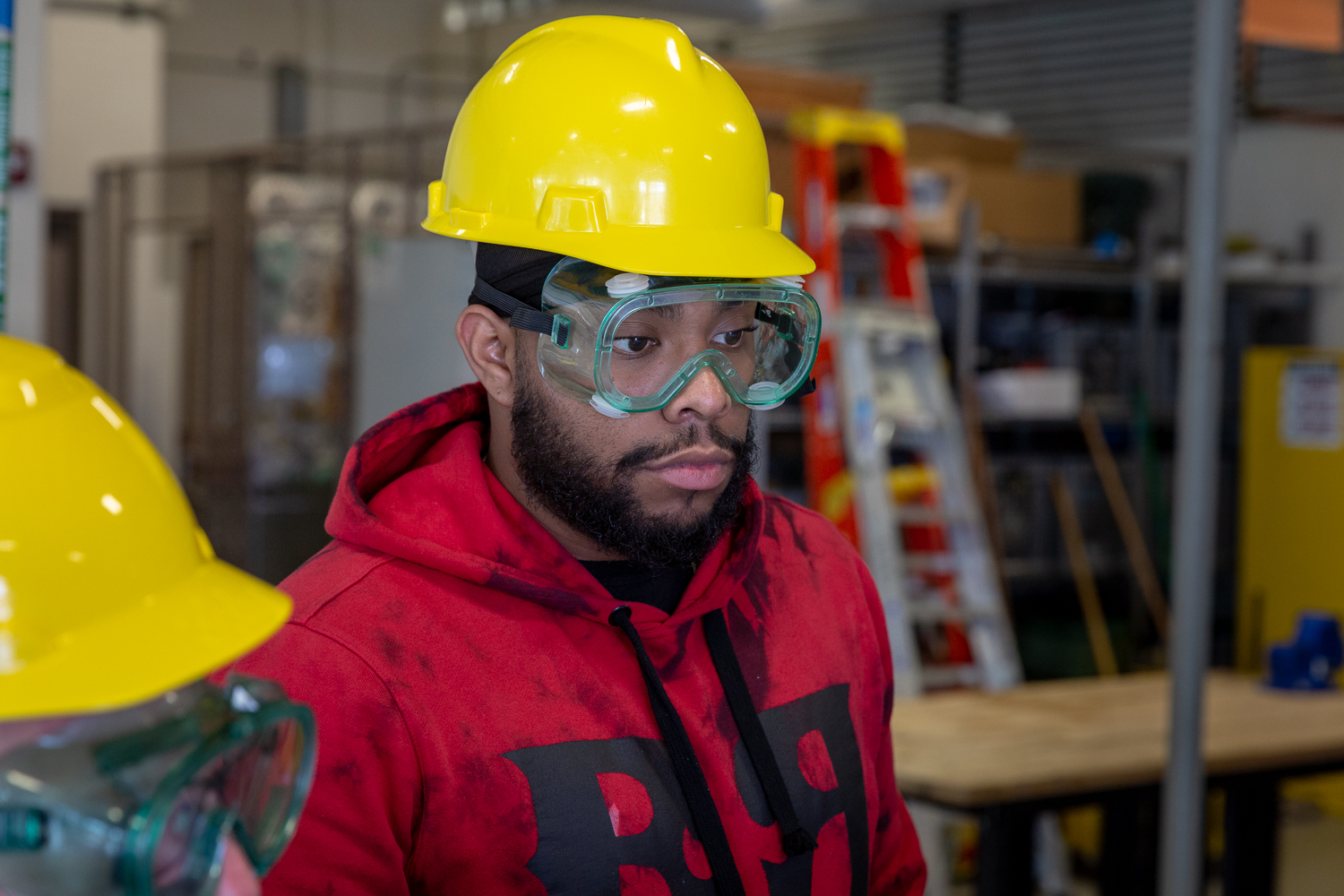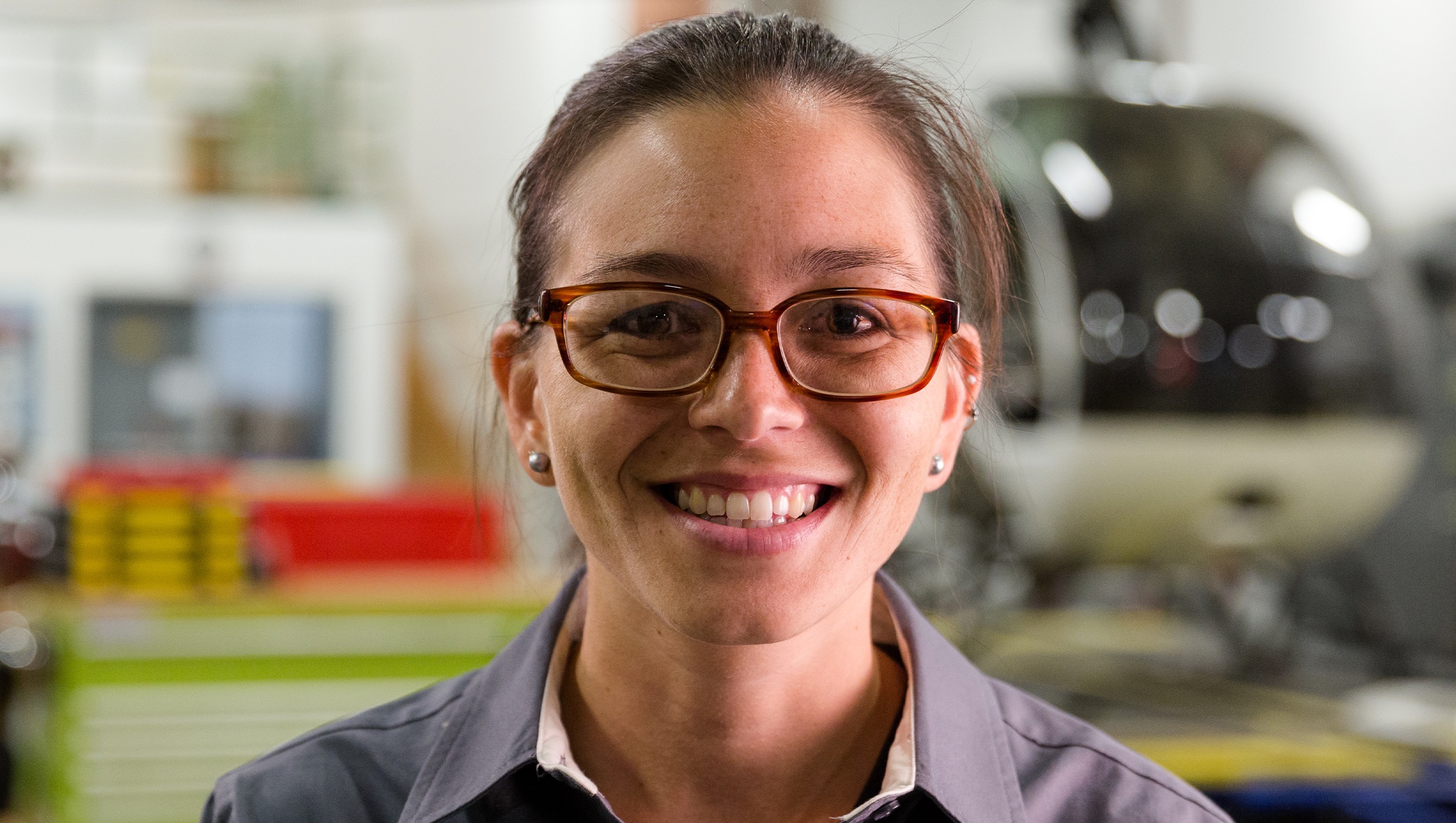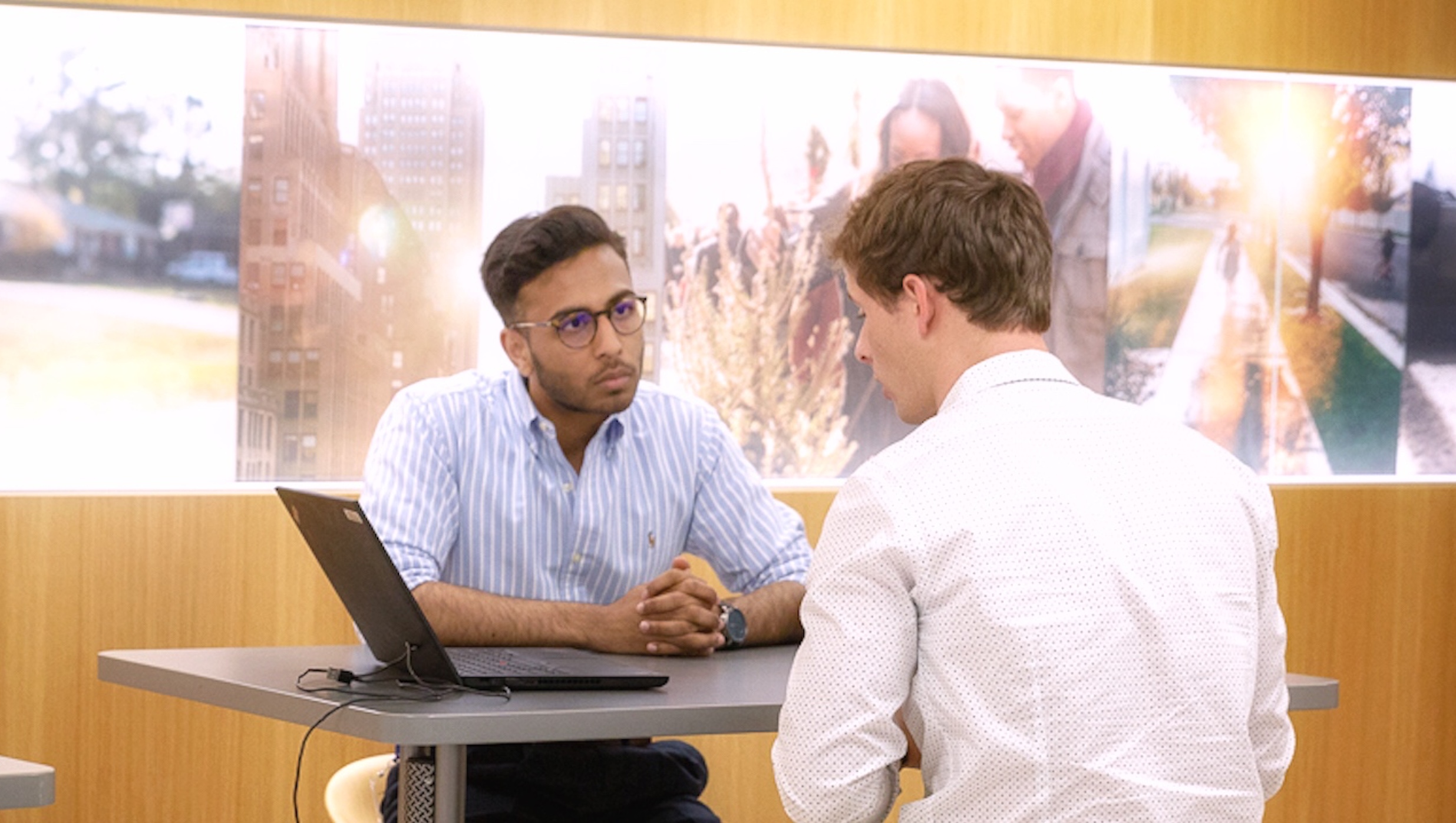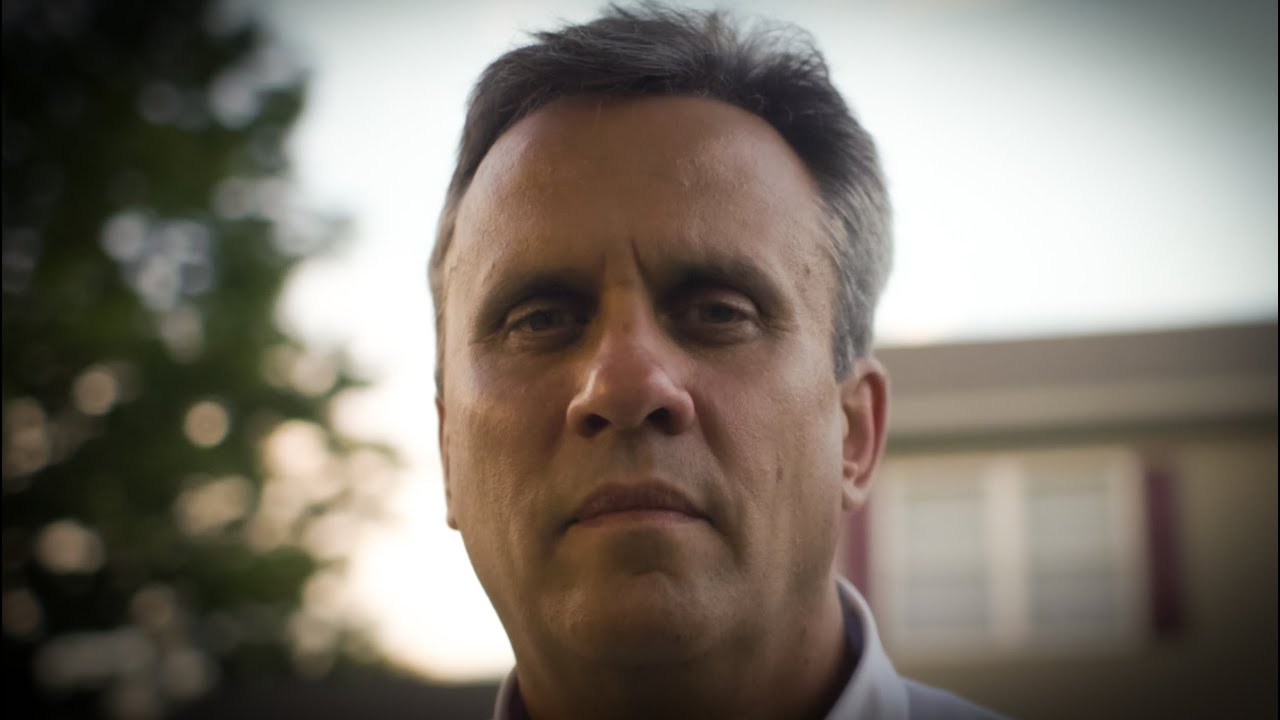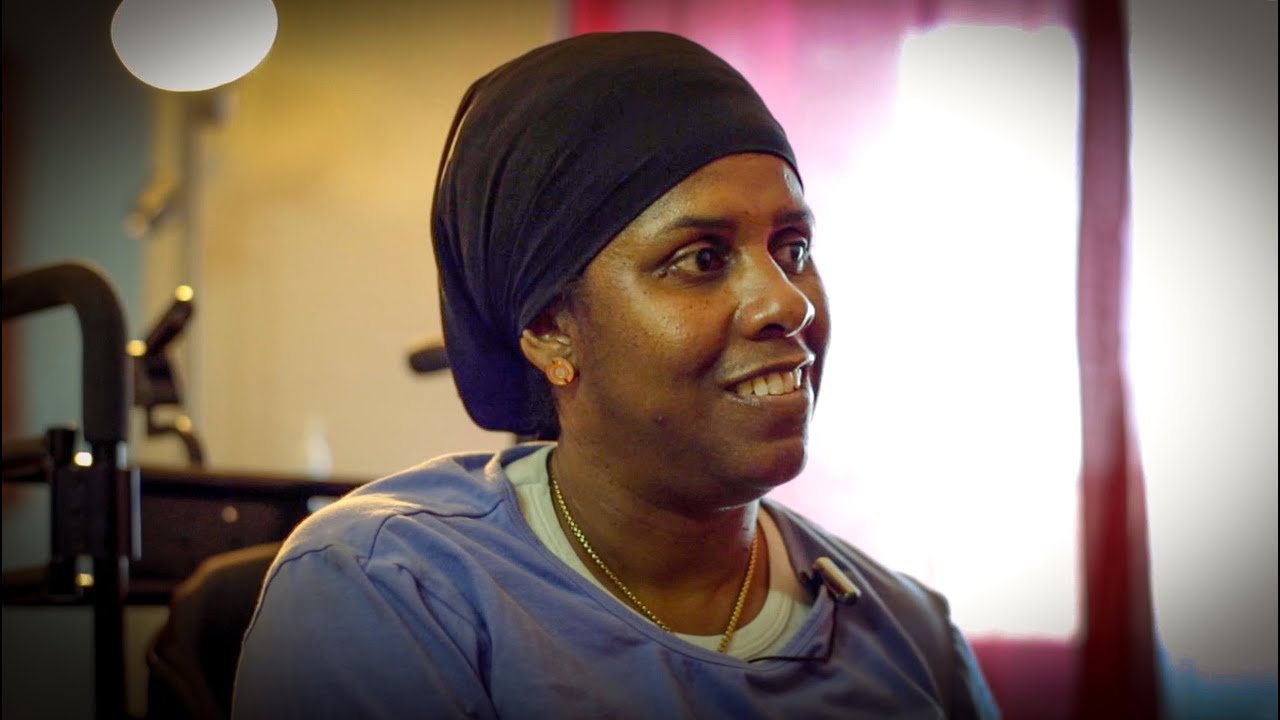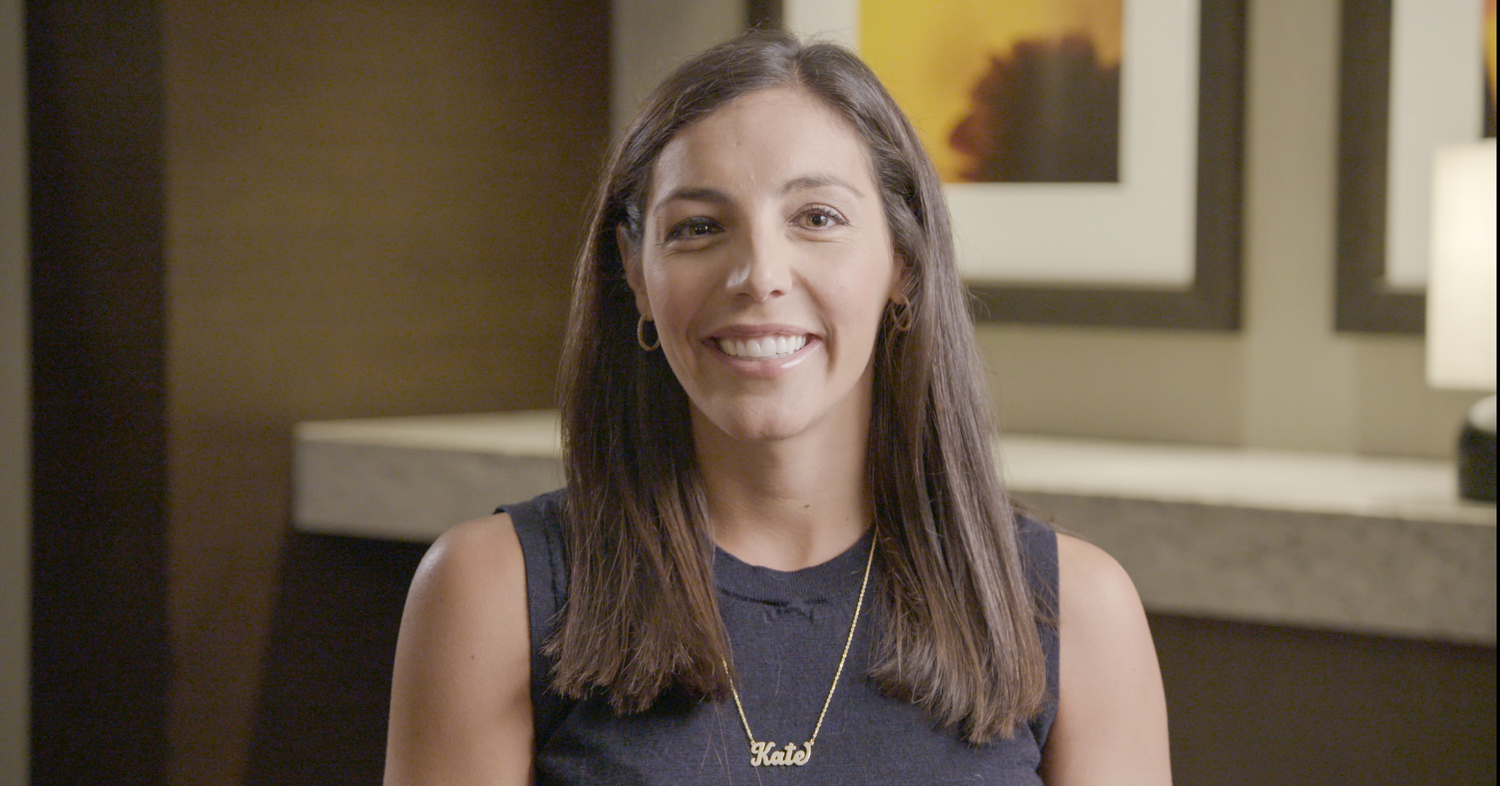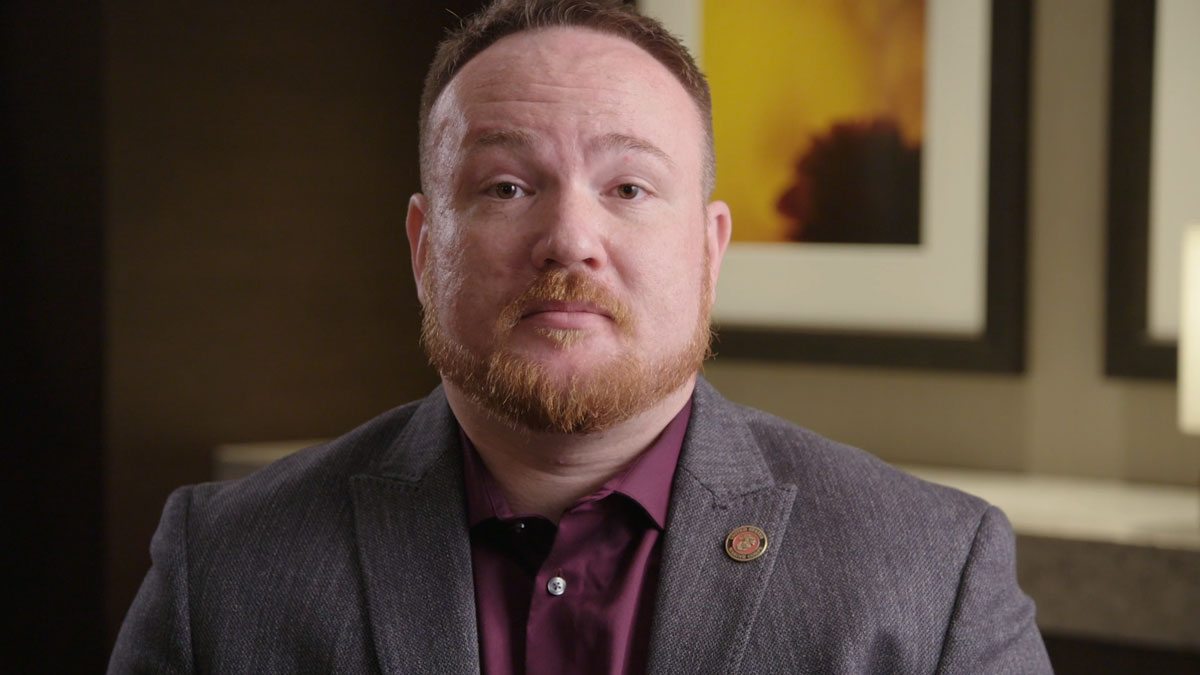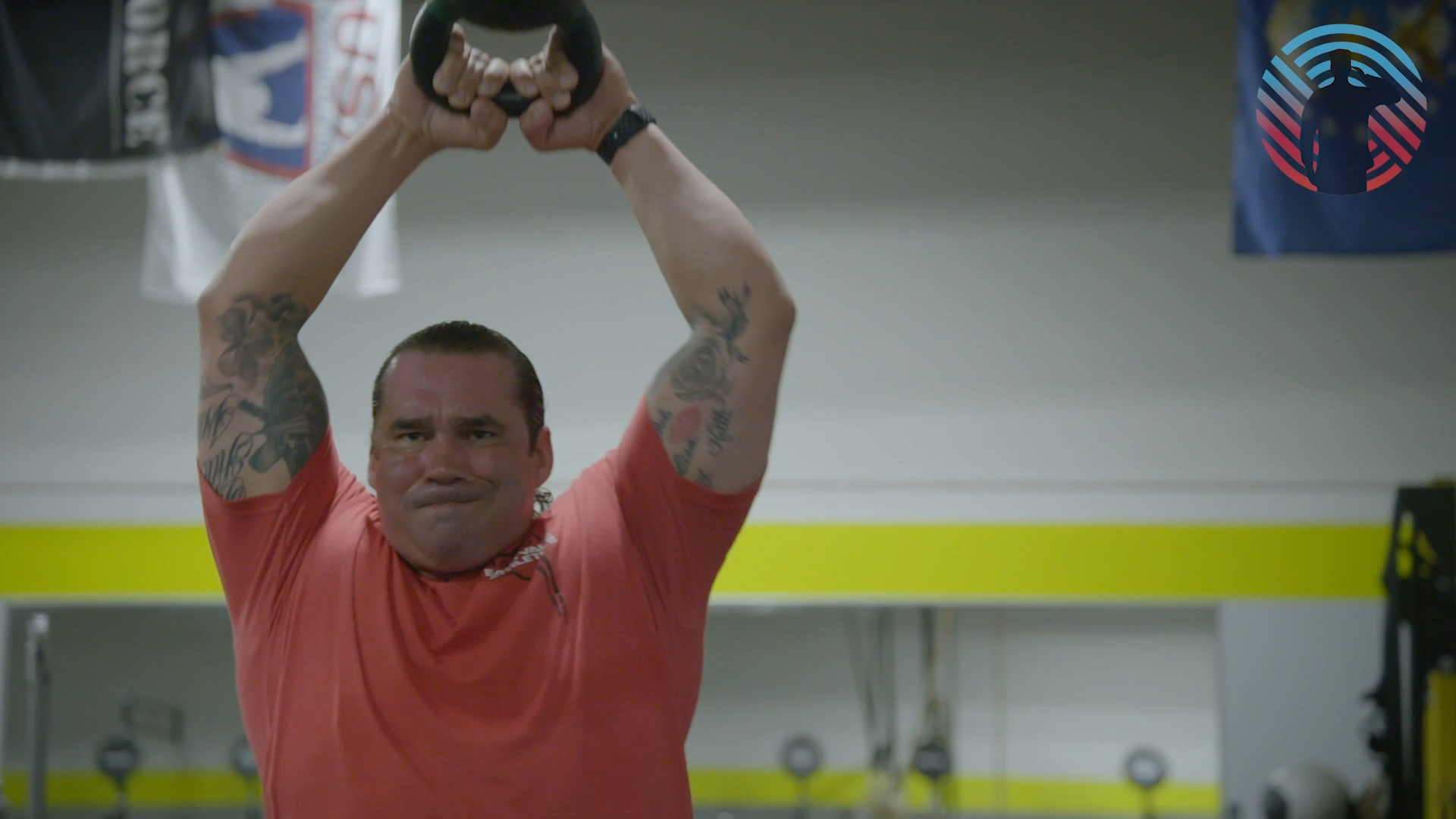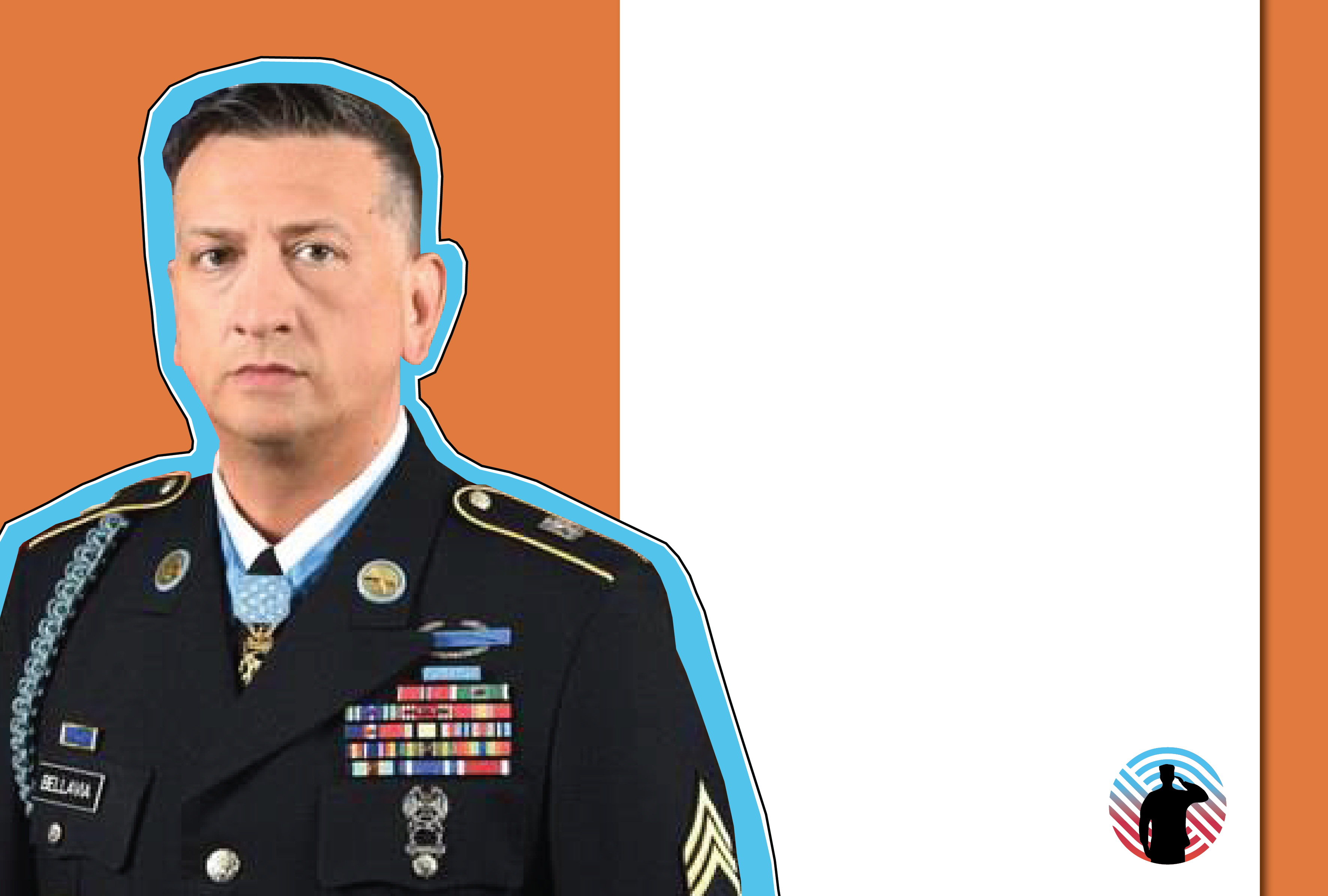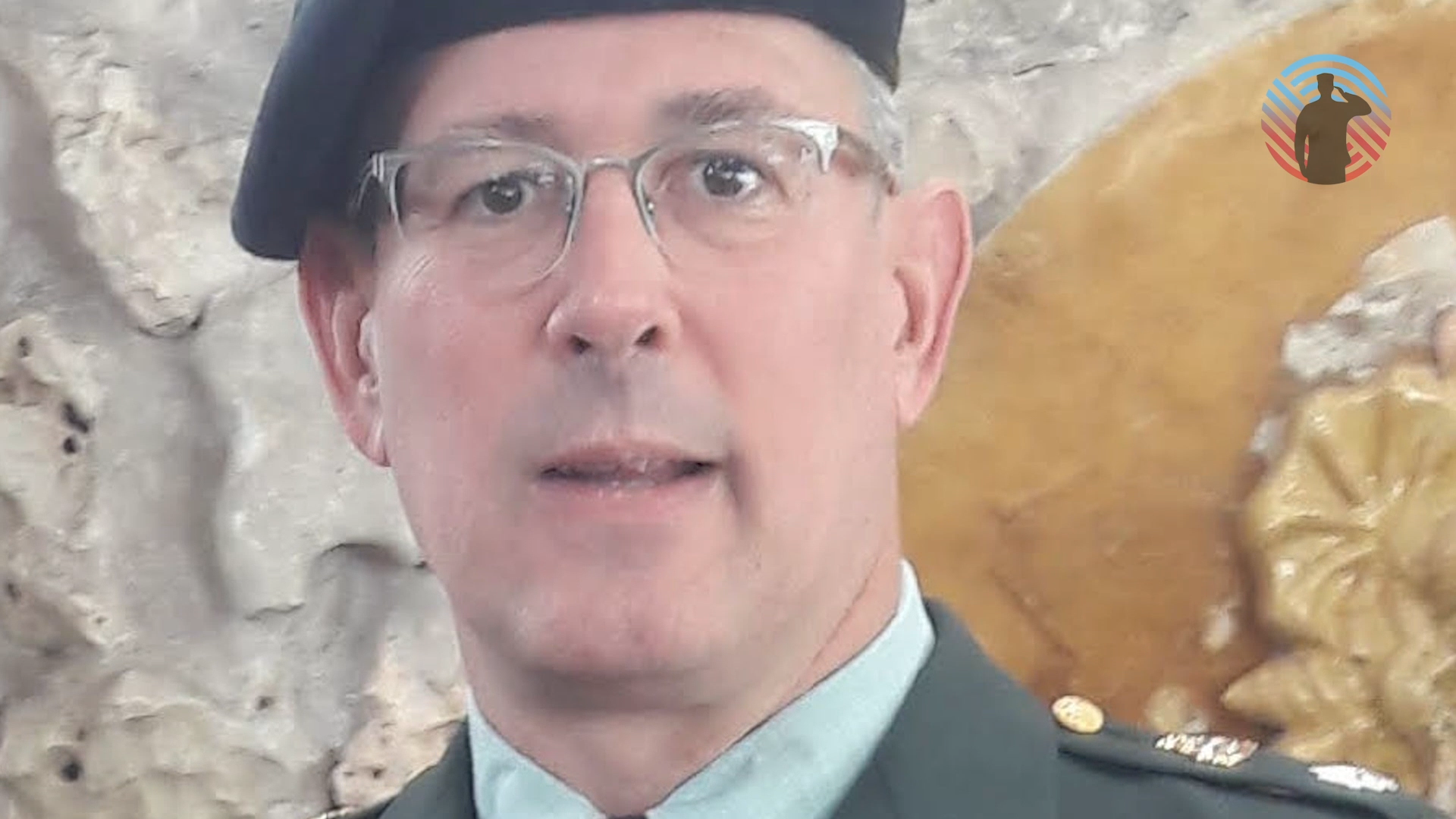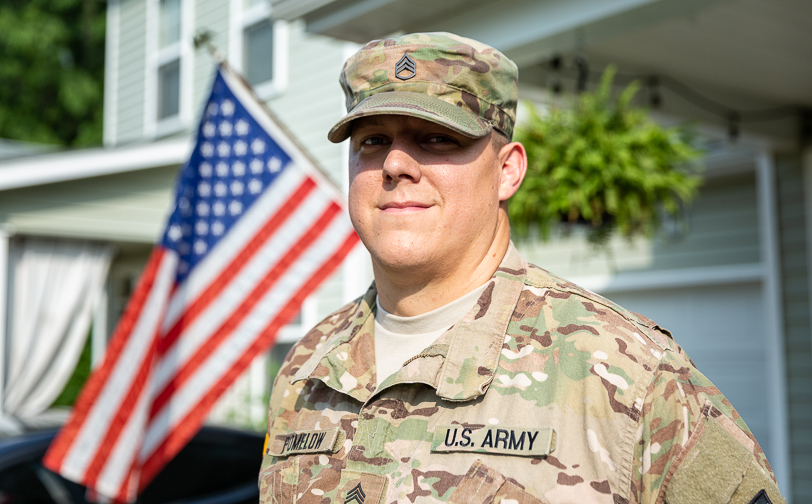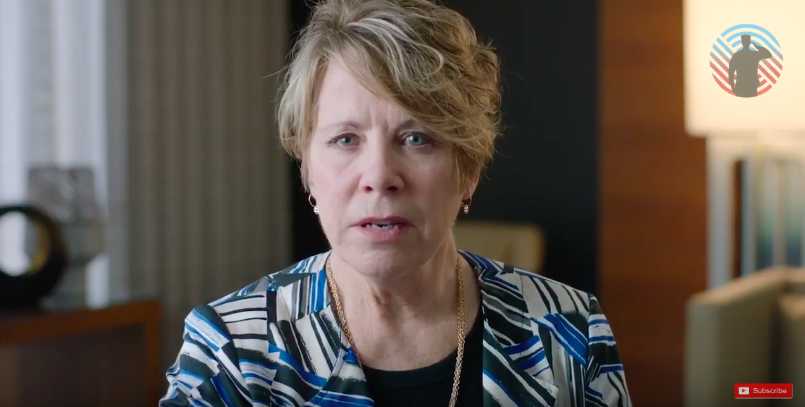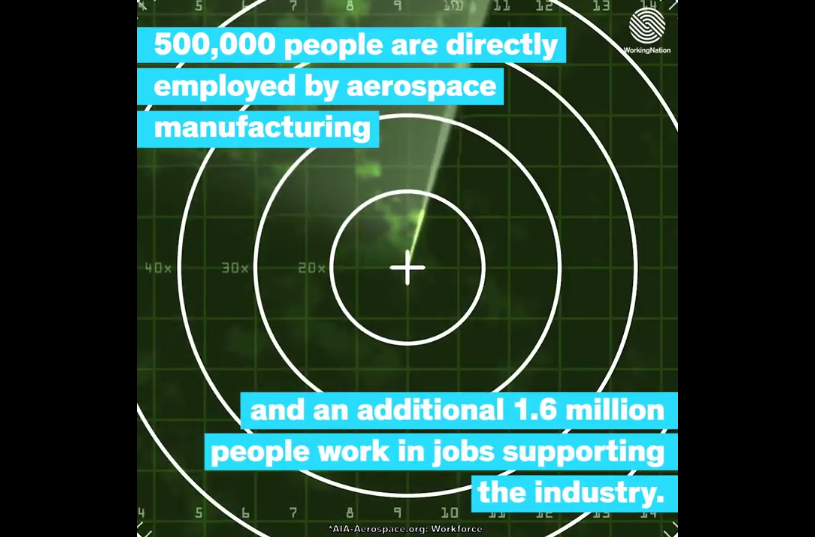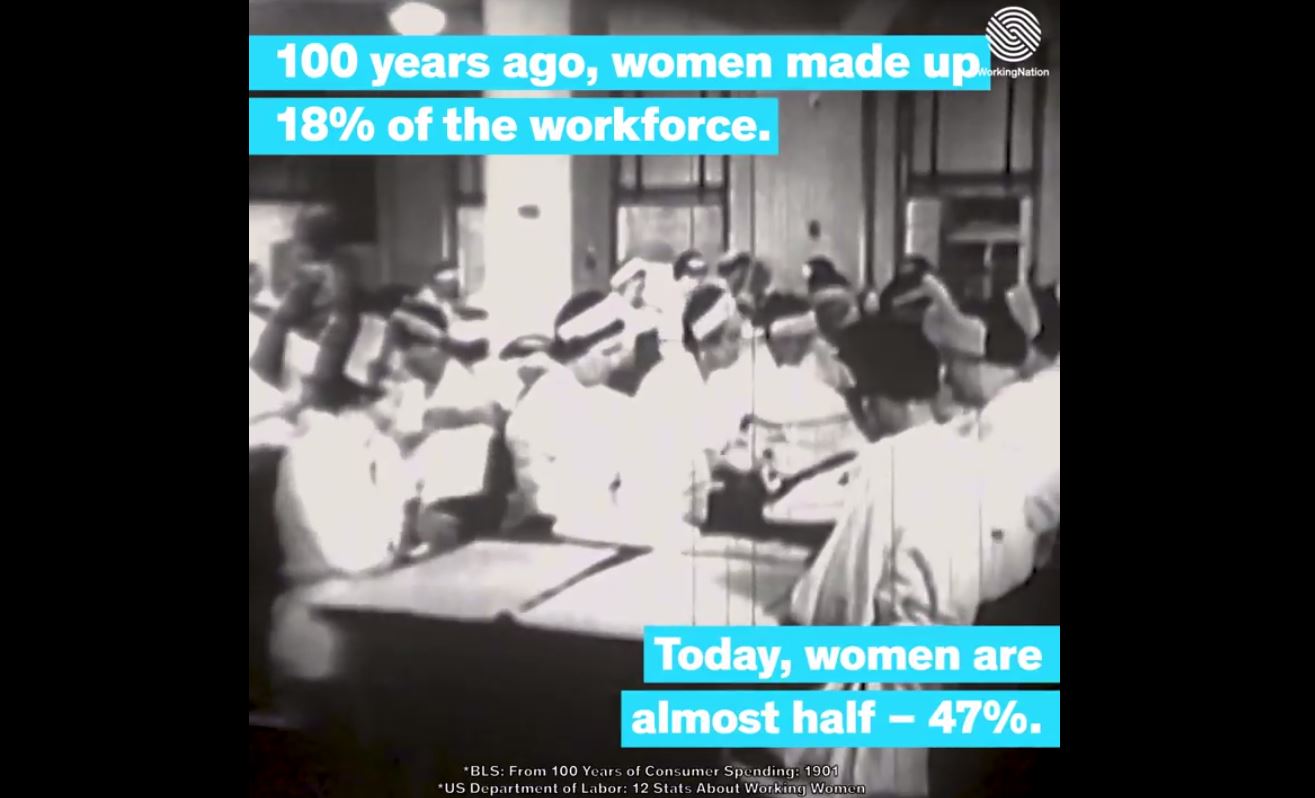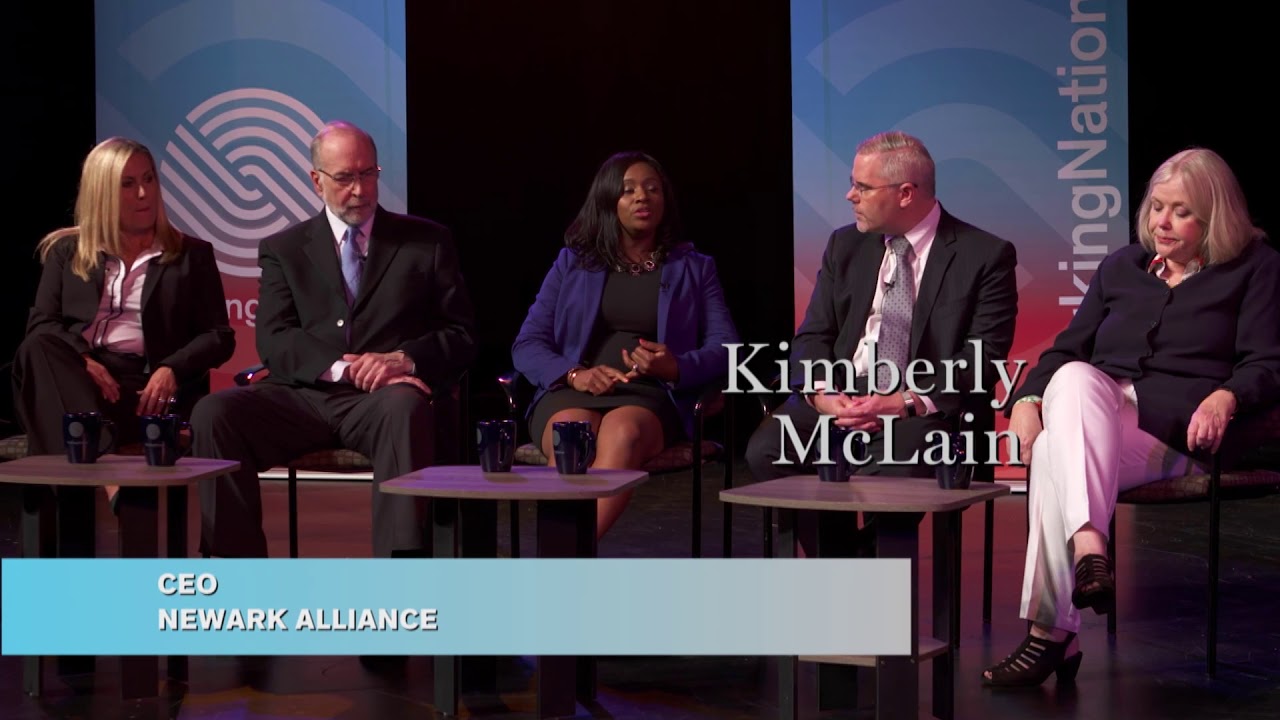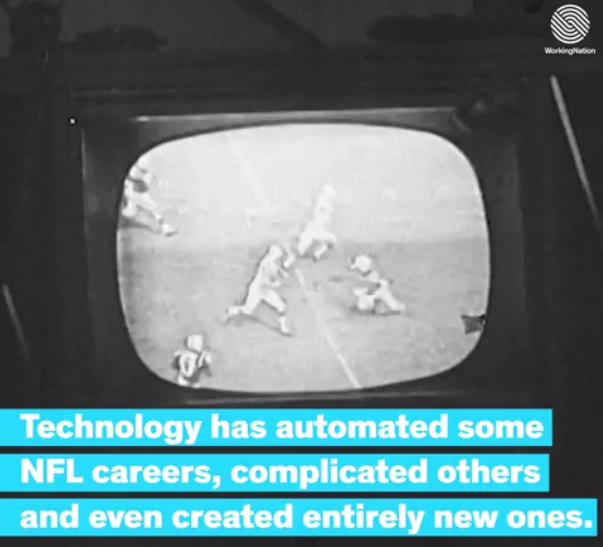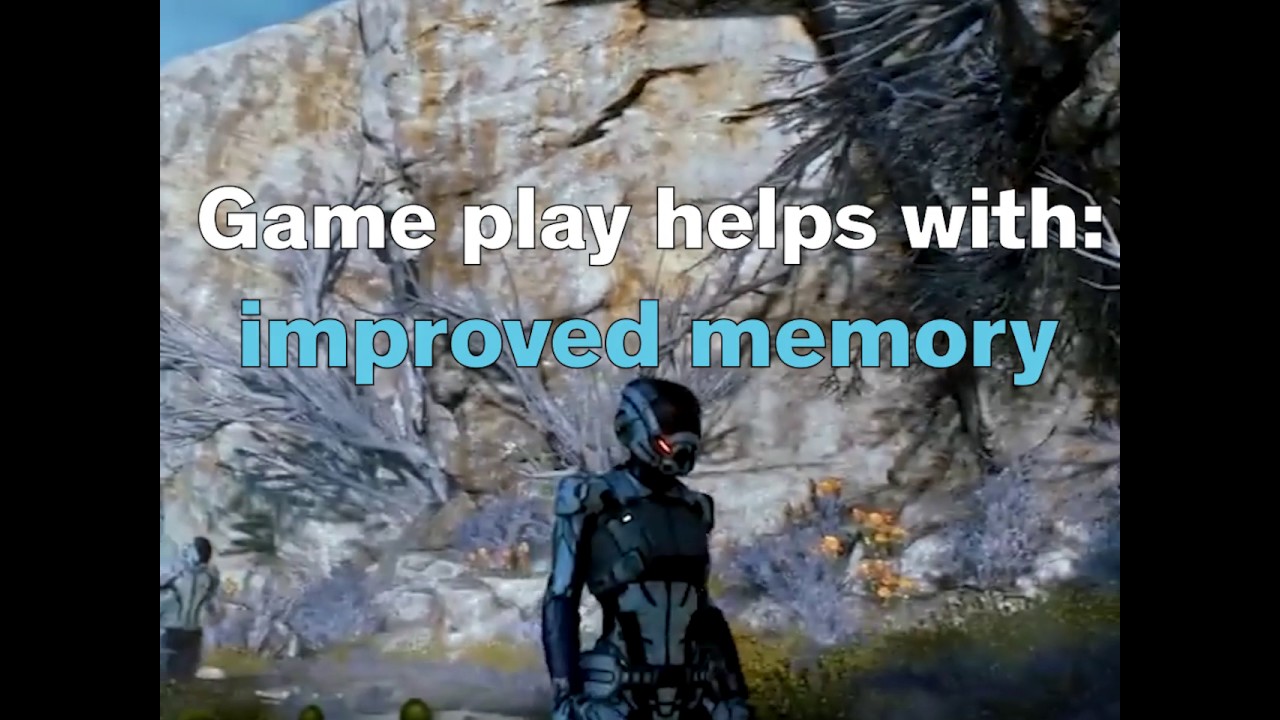When Lt. Col. William “Bill” Beverley-Blanco retired from the U.S. Army nearly 15 years ago, he expected that his rank and experience in one of the world’s premiere organizations would open doors into the civilian, corporate world. But sadly, Beverley-Blanco quickly faced a situation that has become far too common. Instead of being hired at a Fortune 500 company, he found himself underemployed, working as a bagger at a supermarket.
Nearly one-third of veteran job seekers are underemployed, a rate 15 percent higher than non-veteran job seekers. While many factors can contribute to this inequity, in Beverley-Blanco’s case, the cause was medical. He didn’t realize it at first, but when he went on interviews, something was holding him back. “The interviewers would see it,” he explains. “They didn’t know what they were seeing, but they knew that something wasn’t right and it just wasn’t clicking.”
What they were seeing was the effects of post-traumatic stress.
“I was asked one time, so what was the most difficult logistical challenge that you ever solved successfully?” For most in the civilian world, that would be considered a fairly standard interview question. But for Beverley-Blanco and many other veterans, it presents a different test, “And I started describing a military logistical challenge in a bare base environment and how by hook or crook we solved it. But it communicated nothing to them about how I would be able to solve a supply chain problem with China.”
Beverley-Blanco’s limitations caused his personal life to fall apart. He was divorced and lost custody of his children, sparking him to question his self worth and purpose in life.
With medical care, Beverley-Blanco was able to figure things out. “I got a proper diagnosis by happenstance, of bipolar disorder, but it was also presenting with PTS. And that was part of the beginning of, of recovering because now I really understood more clearly what was going on and now I had away to, to deal with it.”
At organizations like Hire Heroes USA, one mission is to help veterans translate their military skills into civilian skills. “We teach them the basic skills of how to find a job and how to talk about their military service and how to talk about what they learned in the military,” explains CEO Christopher Plamp. “They have the skills, it’s being able to know how to go find a job and how to advance themselves. That’s a lot of the limitation.”
Beverley-Blanco himself had to learn a new “soft” skill, communication. “I did not realize my voice and my gestures carried this intensity. That was, to put it mildly, off-putting or scary to others.”
Now Beverley-Blanco works as a certified peer support specialist at the Veterans Administration Atlanta Medical Center. Giving back and helping other veterans.
He also has advice for employers. “We also need you to understand that we are in a process of relearning everything and working through physical, moral, psychological injuries that you may not quite understand. So don’t throw us away because of the baggage that we may carry because you’re throwing away traits and skills that you won’t find anywhere else.”


